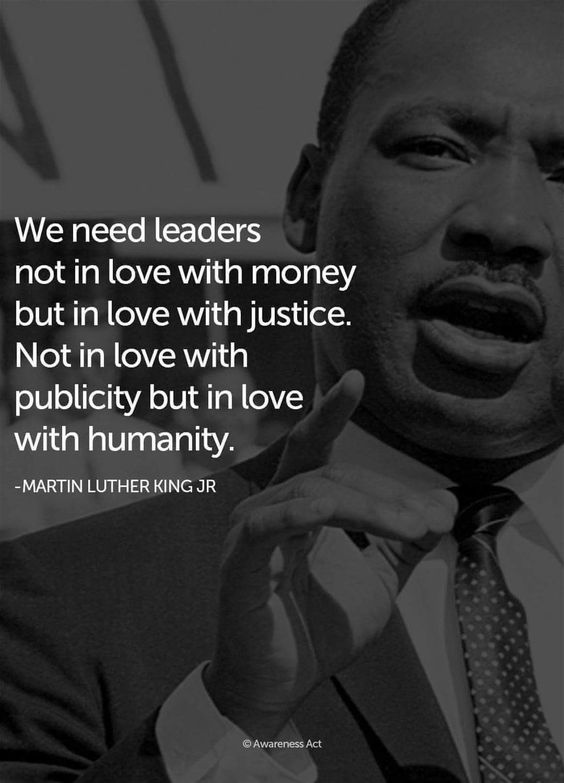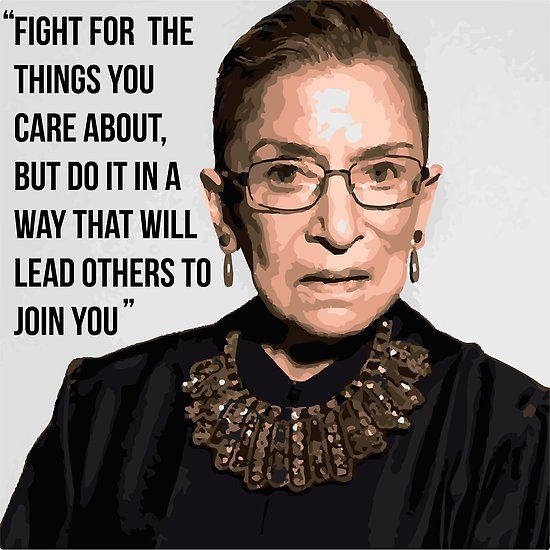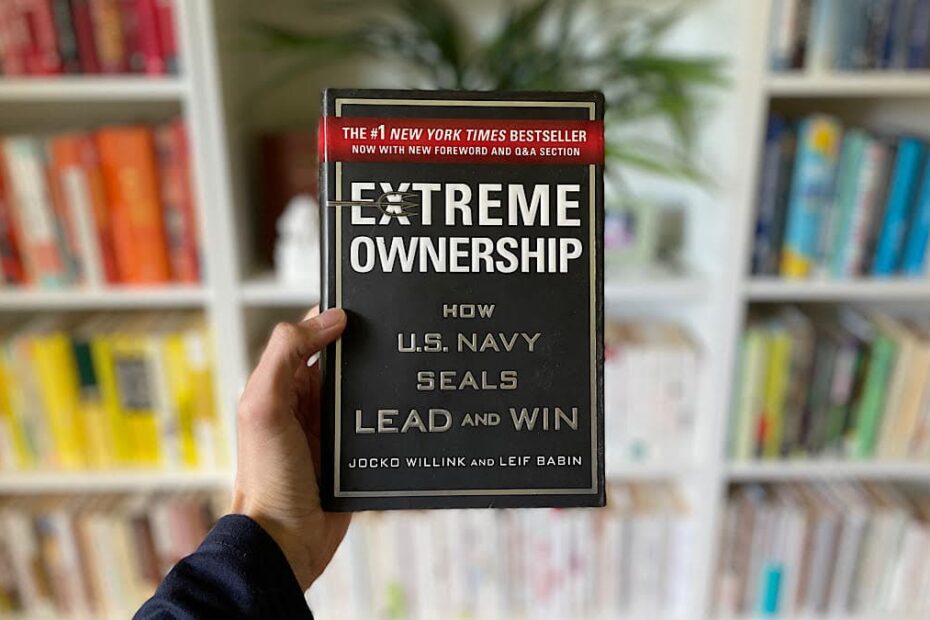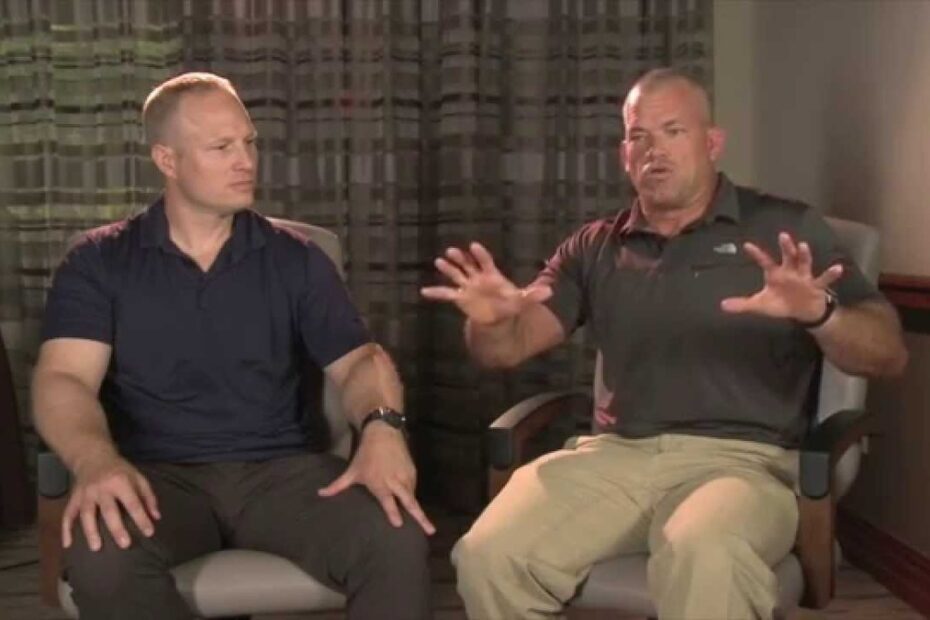“What makes people work is an idea worth working for, along with a clear understanding of what needs to be done.”
Michael Gerber, The E-Myth Revisited (Page 4)
Jocko Willink Quote on How Your Greatest Strength Can Also Be Your Greatest Weakness
“As with many of the dichotomies of leadership, a person’s biggest strength can be his greatest weakness when he doesn’t know how to balance it. A leader’s best quality might be her aggressiveness, but if she goes too far she becomes reckless. A leader’s best quality might be his confidence, but when he becomes overconfident he doesn’t listen to others.”
Jocko Willink, Extreme Ownership (Page 281)
Beyond the Quote (165/365)
One of my greatest strengths, I believe, is my ability to empathetically connect to and listen to others. When somebody talks to me about how upset they are that their dog died, I feel the upset. When people call me to express their frustrations towards other people, I feel their frustrations. When the people around me get angry, I can feel their anger in me. Basically, I feel like I have an uncanny ability to put myself in other people’s shoes and feel what they’re feeling even if I’ve never been in their exact situation myself. This is something that I have noticed after many years of introspection and while it can certainly be a strength, it also comes with its fair share of drawbacks and challenges that can turn it into a weakness if left unchecked.
Read More »Jocko Willink Quote on How Your Greatest Strength Can Also Be Your Greatest WeaknessJohn C. Maxwell Quote on Leadership and How To Best Influence Other People
“Leadership is influence, nothing more, nothing less. How do you gain influence from people? You invest in them. How do you invest in them? It starts with giving them time.”
John C. Maxwell, Leadership Gold
Beyond the Quote (162/365)
Investing time into another person is undoubtedly one of the most powerful ways to influence them. For, time is our most precious resource and when somebody shares their most precious resource with you, it is a clear showing that you are precious to them. If you had a very precious diamond, you wouldn’t just share that with anybody would you? You would only share that with someone precious—someone close.
Read More »John C. Maxwell Quote on Leadership and How To Best Influence Other PeopleJohn C. Maxwell Quote on Leading By Example
“People may teach what they know, but they reproduce what they are.”
John C. Maxwell, Leadership Gold
Beyond the Quote (160/365)
Let’s say you are driving and a friend is following you in a separate car, but to the same destination. While driving, you suddenly realize that you’ve made a wrong turn. You quickly think to yourself that there’s still time for your friend behind you to make the proper turn, so you stick your hand out the window and try to point them in the proper direction. Yet, rather than make the proper turn they still follow you in the wrong direction.
Read More »John C. Maxwell Quote on Leading By Example“Our job is not to ‘go with our gut’ or fixate on the first impression we form about an issue. No, we need to be strong enough to resist thinking that is too neat, too plausible, and therefore almost always wrong. Because if the leader can’t take the time to develop a clear sense of the bigger picture, who will? If the leader isn’t thinking through all the way to the end, who is?” ~ Ryan Holiday, Stillness is the Key (Page 14)
Family First, Work Second. The Power of Family Values in Business [Excerpt]
Excerpt: This is a story of a company who prioritized family first, work second into their business model. It’s an excerpt from the book, Do Nothing! Enjoy.
Read More »Family First, Work Second. The Power of Family Values in Business [Excerpt]
18 Powerful Quotes from Extreme Ownership That Will Help You Lead and Win
Excerpt: Jocko Willink and Leif Babin know how to lead a team to victory. Our 18 quotes from Extreme Ownership will help you better lead and win too.
Read More »18 Powerful Quotes from Extreme Ownership That Will Help You Lead and Win
“It is such a good opportunity when you have a weak leader above you. Don’t get all downtrodden because your leader doesn’t motivate you. Motivate yourself! Take charge of things. Take advantage of it. Make things happen. It’s awesome to have a weak leader. I love it. I get after it. It give me so much more mobility in my job. If I have a strong leader, obviously, that’s great too. But a weak leader is a no factor. Step up and take advantage of it. Step up and lead.” ~ Jocko Willink, Extreme Ownership (Page 303)
“While there is no guarantee of success in leadership, there is one thing that is certain: leading people is the most challenging and, therefore, the most gratifying undertaking of all human endeavors.” ~ Jocko Willink, Extreme Ownership (Page 287)
“Leadership decisions are inherently challenging and take practice. Not every decision will be a good one: all leaders make mistakes. No leader, no matter how competent and experienced, is immune from this. For any leader, handling those mistakes with humility is the key. Subordinates or direct reports don’t expect their bosses to be perfect. When the boss makes a mistake but then owns up to that mistake, it doesn’t decrease respect. Instead, it increases respect for that leader, providing he or she possesses the humility to admit and own mistakes and, most important, to learn from them.” ~ Jocko Willink, Extreme Ownership (Page 287)
“There is an answer to the age-old question of whether leaders are born or made. Obviously, some are born with natural leadership qualities, such as charisma, eloquence, sharp wit, a decisive mind, the willingness to accept risk when others might falter, or the ability to remain calm in chaotic, high-pressure situations. Others may not possess these qualities innately. But with a willingness to learn, with a humble attitude that seeks valid constructive criticism in order to improve, with disciplined practice and training, even those with less natural ability can develop into highly effective leaders. Others who were blessed with all the natural talent in the world will fail as leaders if they are not humble enough to own their mistakes, admit that they don’t have it all figured out, seek guidance, learn, and continuously grow.” ~ Jocko Willink, Extreme Ownership (Page 285)
“As with many of the dichotomies of leadership, a person’s biggest strength can be his greatest weakness when he doesn’t know how to balance it. A leader’s best quality might be her aggressiveness, but if she goes too far she becomes reckless. A leader’s best quality might be his confidence, but when he becomes overconfident he doesn’t listen to others.”
Jocko Willink, Extreme Ownership (Page 281)
“A leader must be calm but not robotic. It is normal—and necessary—to show emotion. The team must understand that their leader cares about them and their well-being. But, a leader must control his or her emotions. If not, how can they expect to control anything else? Leaders who lose their temper also lose respect. But, at the same time, to never show any sense of anger, sadness, or frustration would make that leader appear void of any emotion at all—a robot. People do not follow robots.” ~ Jocko Willink, Extreme Ownership (Page 275)
“There is no 100 percent right solution. The picture is never complete. Leaders must be comfortable with this and be able to make decisions promptly, then be ready to adjust those decisions quickly based on evolving situations and new information. Intelligence gathering and research are important, but they must be employed with realistic expectations and must not impede swift decision making that is often the difference between victory and defeat. Waiting for the 100 percent right and certain solution leads to delay, indecision, and an inability to execute. Leaders must be prepared to make an educated guess based on previous experience, knowledge of how the enemy operates, likely outcomes, and whatever intelligence is available in the immediate moment.” ~ Leif Babin, Extreme Ownership (Page 254)
“One of the most important jobs of any leader is to support your own boss—your immediate leadership. In any chain of command, the leadership must always present a united front to the troops. A public display of discontent or disagreement with the chain of command undermines the authority of leaders at all levels. This is catastrophic to the performance of any organization.” ~ Leif Babin, Extreme Ownership (Page 238)
A Navy SEAL’s Checklist for Planning – from Jocko Willink and Leif Babin
Excerpt: Two Navy SEALs share their checklist for planning which they use for mission preparation… A checklist you can use for life planning too.
Read More »A Navy SEAL’s Checklist for Planning – from Jocko Willink and Leif Babin
“Trust is not blindly given. It must be built over time. Situations will sometimes require that the boss walk away from a problem and let junior leaders solve it, even if the boss knows he might solve it more efficiently. It is more important that the junior leaders are allowed to make decisions—and backed up even if they don’t make them correctly. Open conversations build trust. Overcoming stress and challenging environments builds trust. Working through emergencies and seeing how people react builds trust.” ~ Jocko Willink, Extreme Ownership (Page 191)
“Leaders must always operate with the understanding that they are part of something greater than themselves and their own personal interests. They must impart this understanding to their teams down to the tactical-level operators on the ground. Far more important than training or equipment, a resolute belief in the mission is critical for any team or organization to win and achieve big results.” ~ Jocko Willink, Extreme Ownership (Page 77)


![Family First, Work Second. The Power of Family Values in Business [Excerpt]](https://movemequotes.com/wp-content/uploads/2020/04/IMG_7016-930x620.jpg)

